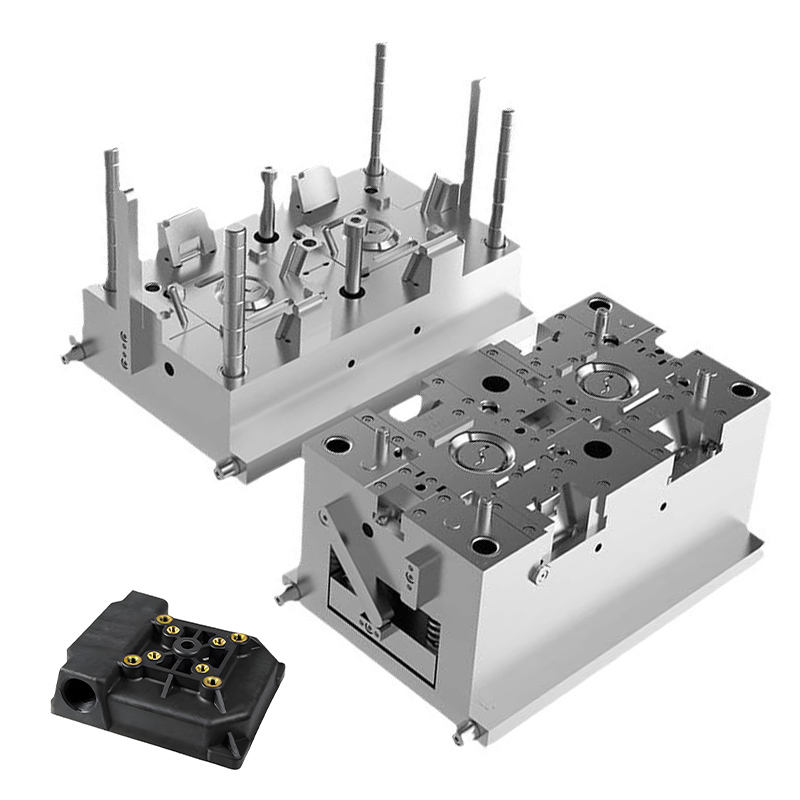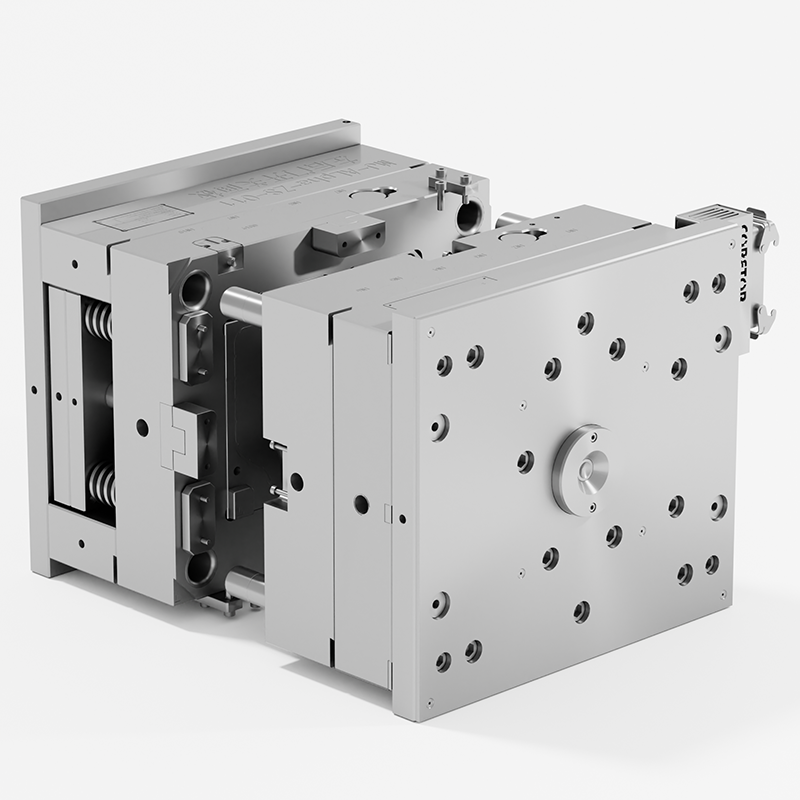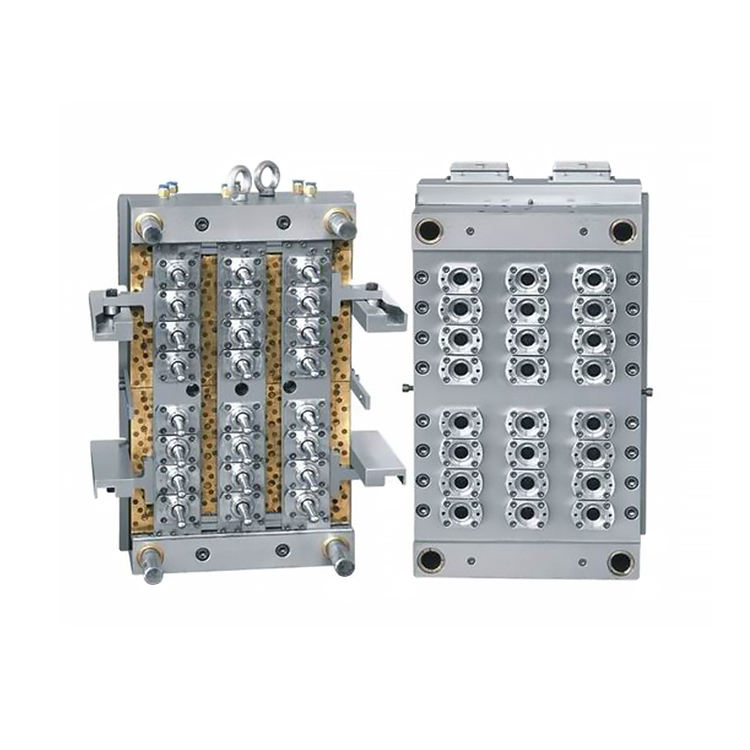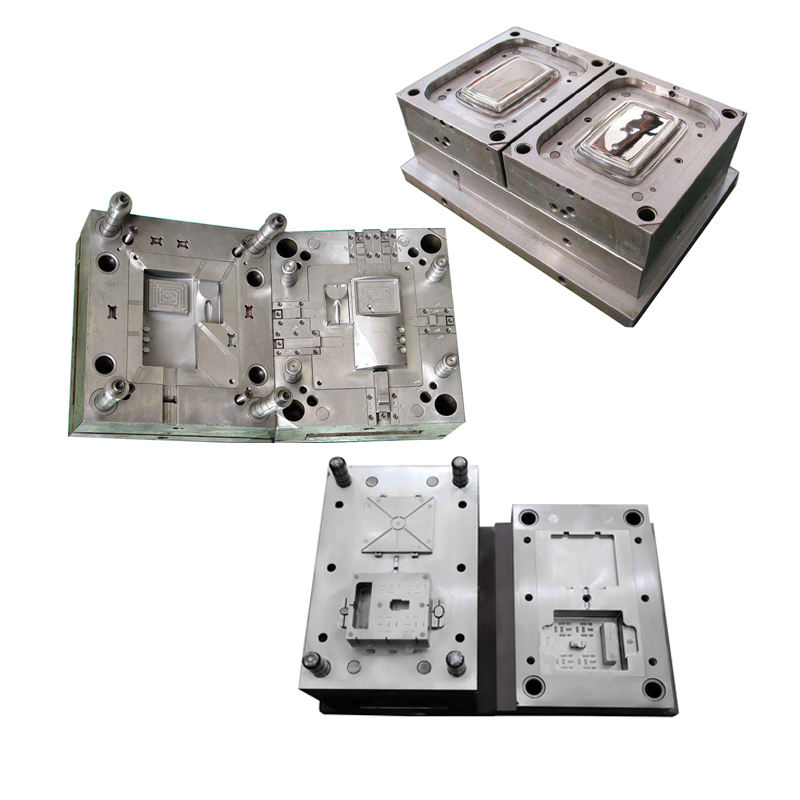Insert Molding Service
We specialize in insert molding, integrating metal inserts into molded plastics for robust and durable parts suitable for various industries.
- International prototype pricing includes tariffs
- Certified to ISO 9001:2015, ISO 13485, ISO 14001:2015, and IATF 16949:2016 standards
- Quick-turn prototypes and production parts in days
Our ISO-certified CNC machining ensures precision and quality. Every part is made to fit perfectly and perform flawlessly with advanced quality control at every step.
With certified domestic factories and a strong supply chain system, we accelerate the product development cycle and bridge the production of your overmolded parts as fast as possible.
Working with our experts having 10+ years of experience in the injection molding industry, efficiently complete a turnaround from prototyping to production.
CNC Machining Solutions
Insert molding is an injection molding technique that involves injecting a plastic material around a plastic or metal insert (but can also include ceramic or other materials) placed in a mold cavity. The insert is pre-placed in the mold cavity, after which the plastic is injected. These inserts, including threaded metal inserts for enhanced durability, provide specific mechanical or electrical properties to the final product. For example, metal inserts such as aluminum or stainless steel add tensile strength and conductivity, making insert injection molding ideal for highly durable and functional parts. On cooling, this forms a solid part that is strong and durable. Lewei plastic insert molding services allow you to make a strong and permanent bond between the insert and molded plastic.
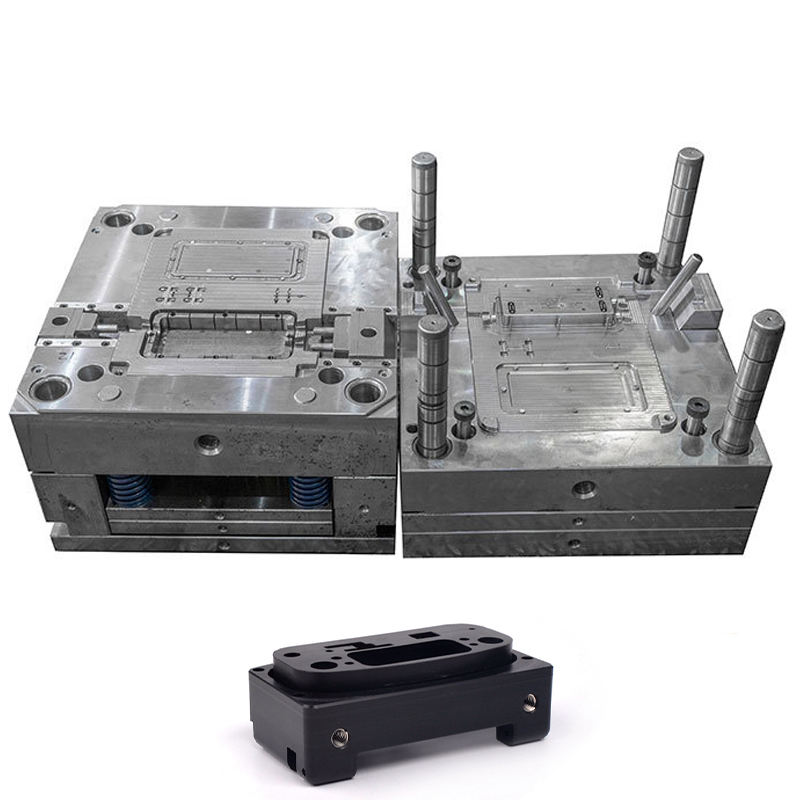
CNC Machining Solutions
Lewei Prototyping
Leverage our robust manufacturing capabilities for swift, high-quality prototype delivery. Using the latest technology, we ensure Lewei, accurate production, expediting your path from testing to market.
Capability: 20-500
Plazos de entrega: 10 business days
Low and High-Volume Production
Lewei Precision is equipped to handle large-scale production orders. This means they can efficiently produce large quantities of CNC precision machining parts without compromising quality or accuracy.
Capacity: 1000+
Plazo de entrega: 15 business days
Materials for Insert Molding
Plastics
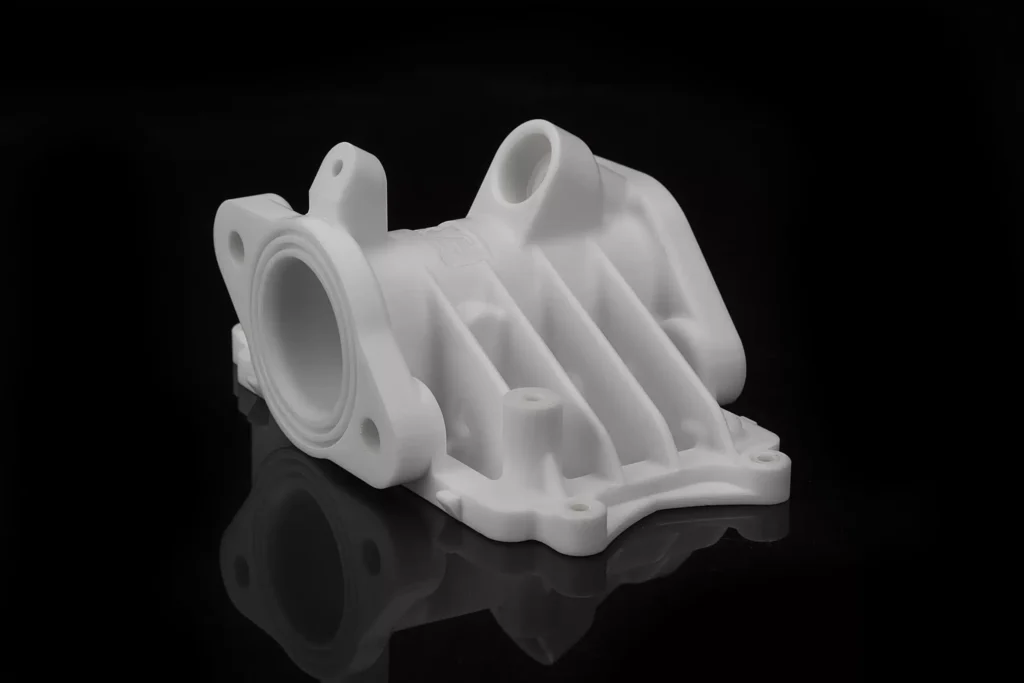
ABS is strong, durable, and offers good resistance to heat and impact. It’s preferred for automotive components and consumer goods.
ABS Beige(Natural)
ABS Black
ABS Black Antistatic
ABS Milky White
ABS+PC Black
ABS+PC White
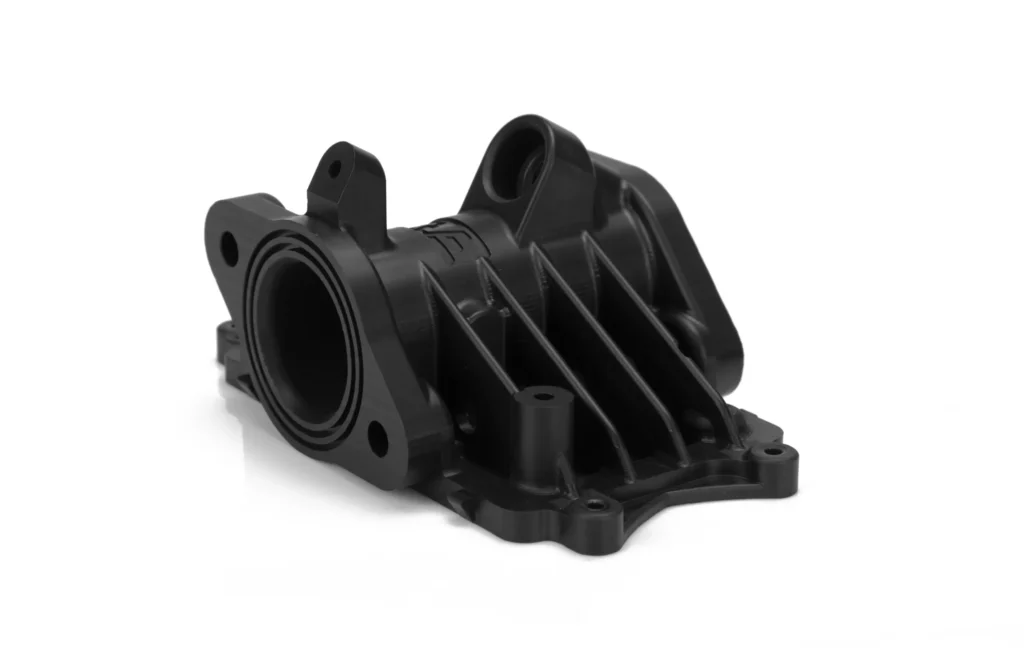
Polycarbonate is extremely durable and has high impact resistance, along with excellent clarity, used for bullet-proof glass and protective gear.
PC Black
PC Transparent
PC White
PC Yellowish White
PC+GF30 Black
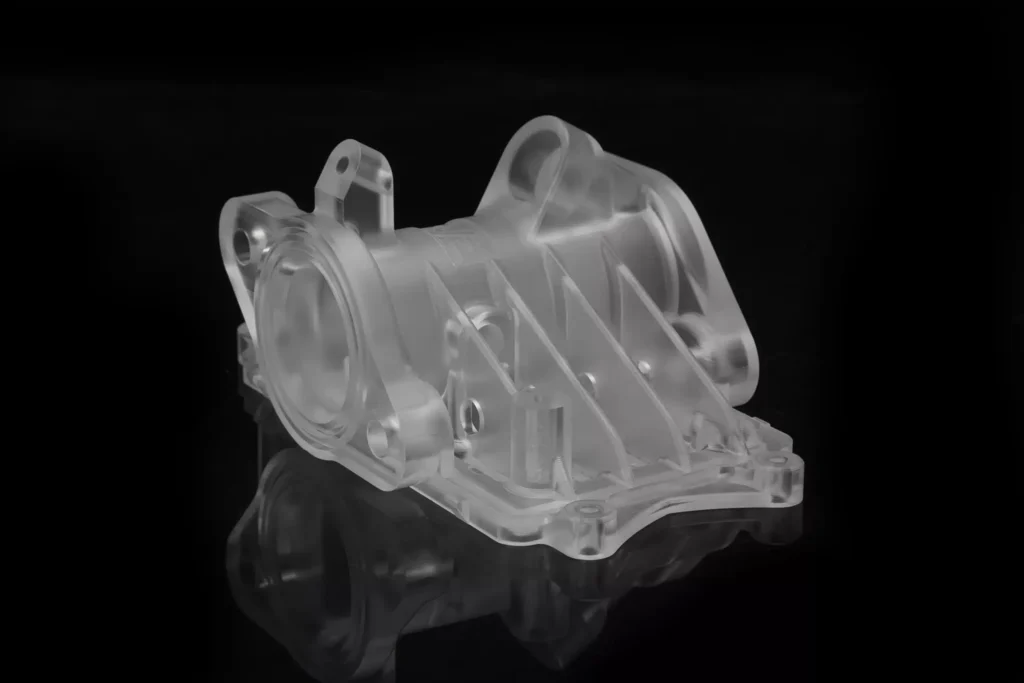
PMMA, or acrylic, is known for its crystal clarity and weather resistance, making it ideal for outdoor fixtures and display cases.
PMMA Black
PMMA Transparent
PMMA White
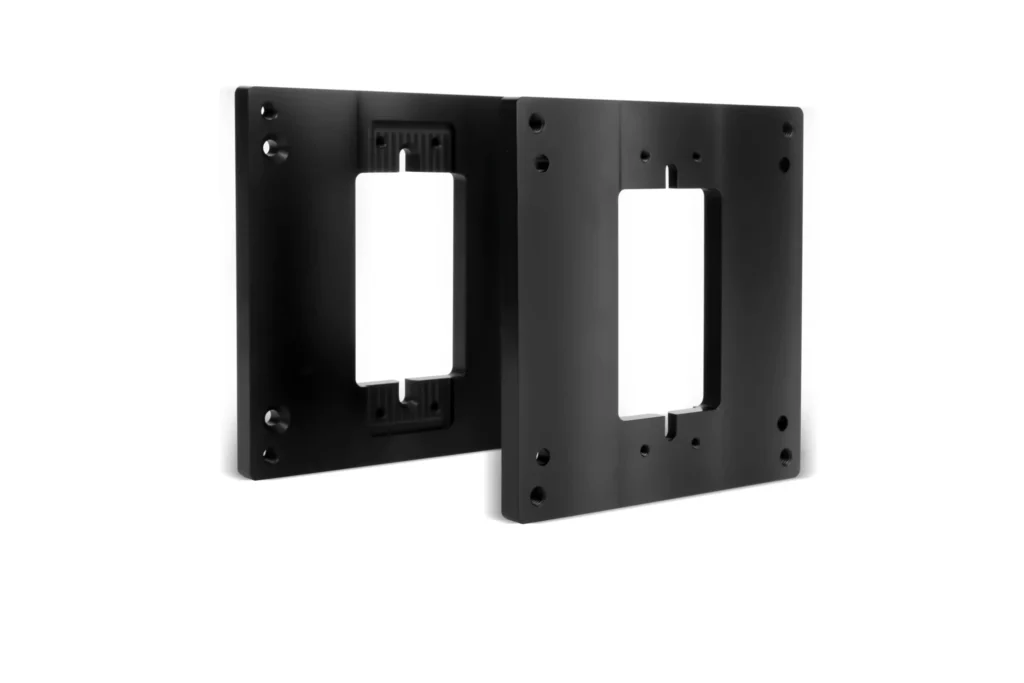
POM is strong, with a low friction surface and good dimensional stability, perfect for precision parts in mechanical applications.
Dark brown (coffee) POM 100AF
POM Black
POM Blue
POM White
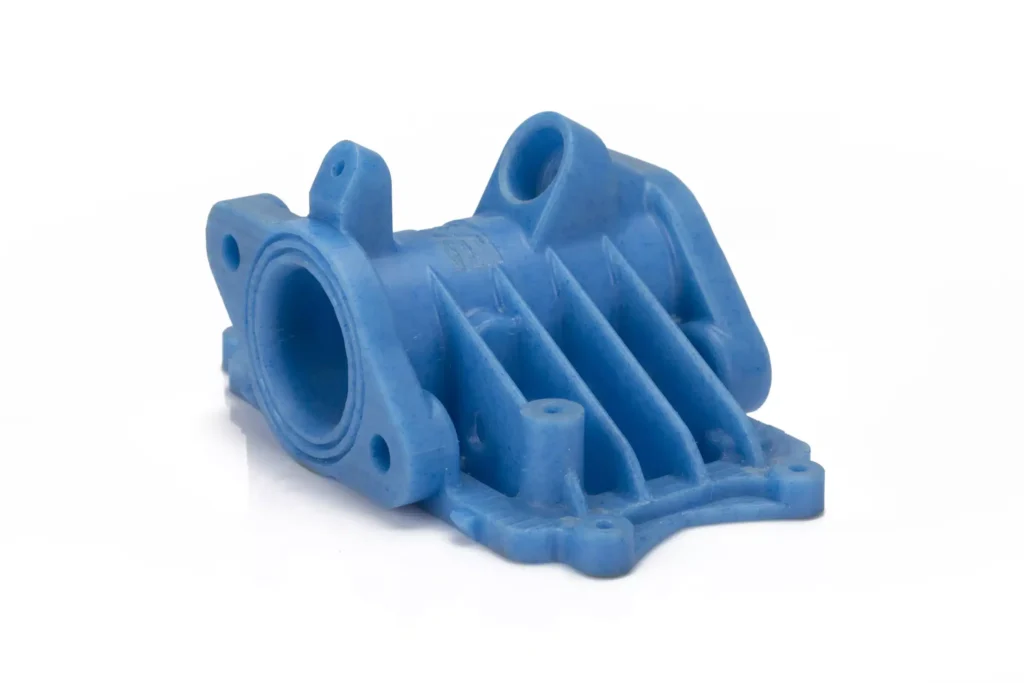
Nylon is versatile, strong, and wears well against friction, commonly used for gears, bearings, and other wear-resistant surfaces.
PA(Nylon) Blue
PA6 (Nylon)+GF15 Black
PA6 (Nylon)+GF30 Black
PA66 (Nylon) Beige(Natural)
PA66 (Nylon) Black
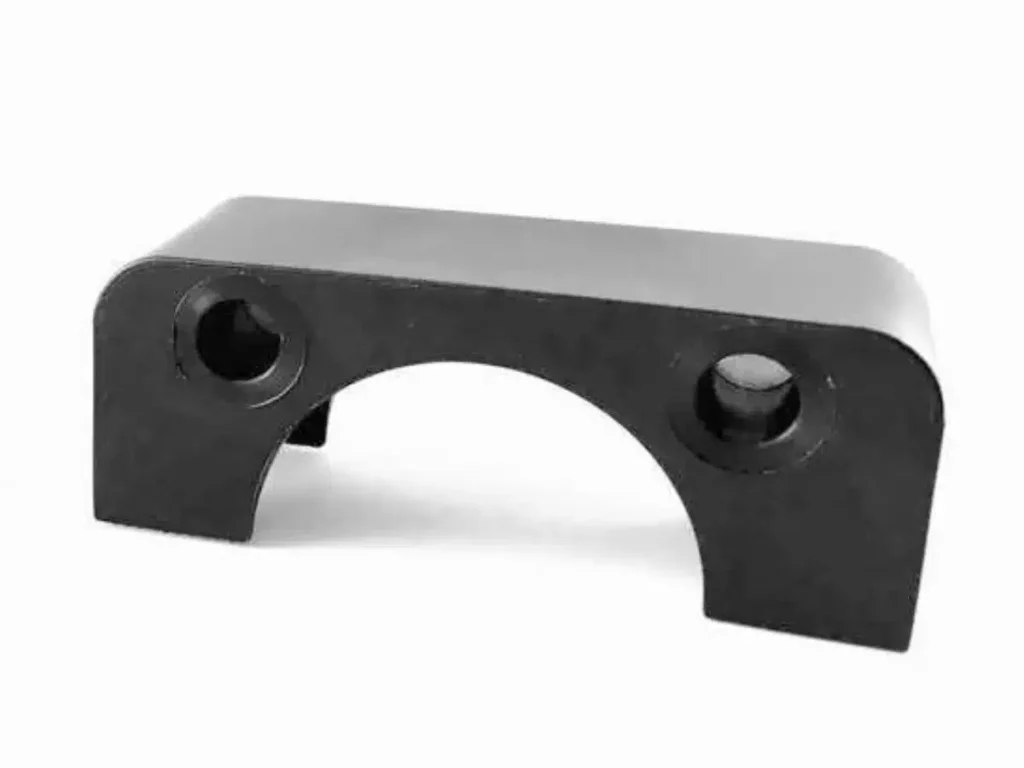
Polyethylene is lightweight and has high resistance to impact, widely used in packaging and containers.
PE Black
PE White
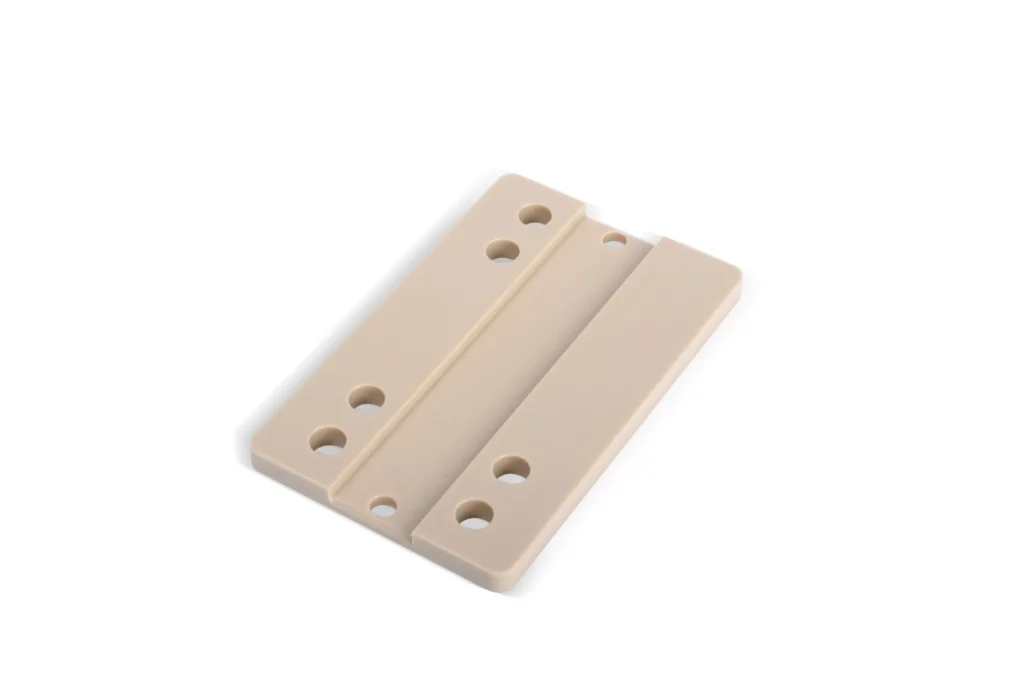
PEEK is renowned for its high temperature resistance and strength, often used in aerospace and medical implant manufacturing.
PEEK Beige(Natural)
PEEK Black

Polypropylene is tough, has excellent chemical resistance, and is used for automotive parts, containers, and in packaging.
PP Black
PP White
PP+GF30 Black
Overmolding Capabilities
Lewei Precision’s wire EDM, part of our CNC services, efficiently crafts both simple and intricate shapes. Ideal for parts requiring high precision, this no-contact method produces minimal burrs and excels with metals like steel and titanium. Favored in aerospace, automotive, and electronics for their accuracy, we ensure tailored, precise solutions regardless of your needs.
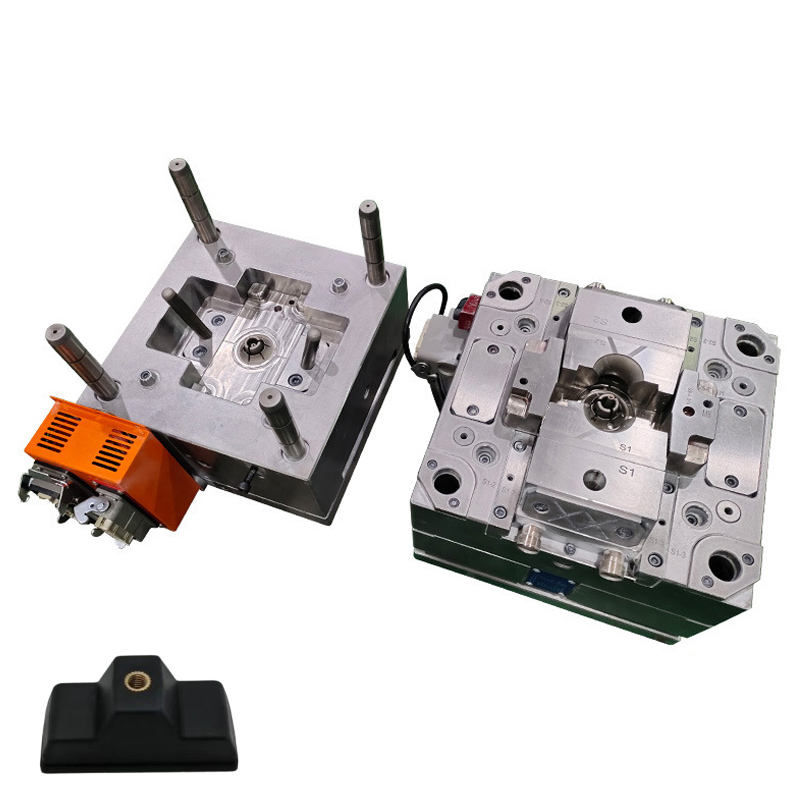
Capability
Details/Specifications
Material Compatibility
Stainless Steel, Titanium, Aluminum, Tool Steel, Copper
Tolerance
± 0.0001 inches (0.0025 mm) or better (based on material and thickness)
Maximum Workpiece Size
Length: 16 inches (400 mm)
Width: 12 inches (300 mm)
Height: 8 inches (200 mm)
Cutting Speed
Up to 300 mm2/min (specific to material and thickness)
Surface Finish
As fine as Ra 0.2 µm
Maximum Cutting Thickness
Up to 12 inches (300 mm) – varies based on material
Wire Diameter Range
0.004 inches (0.1 mm) to 0.012 inches (0.3 mm)
Wire Diameter Range
0.004 inches (0.1 mm) to 0.012 inches (0.3 mm)
Wire Diameter Range
0.004 inches (0.1 mm) to 0.012 inches (0.3 mm)
Advantages
Advantages of Precision Machining
Precision machining offers significant benefits by producing parts with exceptional accuracy.
- High Accuracy: Precision machining tools can produce parts with extremely tight tolerances, ensuring that each piece meets exact specifications. This is crucial for applications requiring intricate details, such as in aerospace and medical devices.
- Consistency: This method offers unmatched consistency in production. Even over large volumes, each part remains identical, reducing the risk of errors and defects in the final product.
- Material Versatility: Precision machining can handle a wide range of materials, from metals to plastics and composites. This flexibility allows manufacturers to choose the ideal material for specific properties like strength, weight, or resistance.
- Complex Geometries: With advanced CNC machines, manufacturers can create complex shapes that would be difficult or impossible to achieve through manual processes. This capability is vital for developing innovative products and components.
- Reduced Waste: Since precision machining is so accurate, it minimizes material wastage. This efficiency not only saves on raw materials but also reduces the overall environmental impact of manufacturing.
- Speed: Modern precision machining techniques are highly automated, leading to faster production times compared to traditional methods. This speed enables quicker turnaround times for projects, keeping pace with market demands.
Applications
Applications of Precision Machining
Various industries rely on precision CNC machining services to create specialized parts, including:
- Engine Components: Essential for engines in both the automotive and aerospace industries, such as pistons and crankshafts, which require exact dimensions for optimal performance.
- Electronics Parts: Critical in producing components like connectors and pins in electronic devices, where precise measurements are necessary for functionality and compact assembly.
- Medical Implants: Used to manufacture surgical implants, including hip and knee replacements, where precise tolerances and smooth finishes are crucial for compatibility with human tissue.
- Aerospace Fasteners: Involves creating high-strength bolts and screws that must endure extreme environmental conditions in aerospace applications.
- Tool and Die Making: Focuses on crafting molds and dies that are fundamental in other manufacturing processes, ensuring the production of consistent and quality parts in mass production settings.
Overmolding vs Insert Molding
